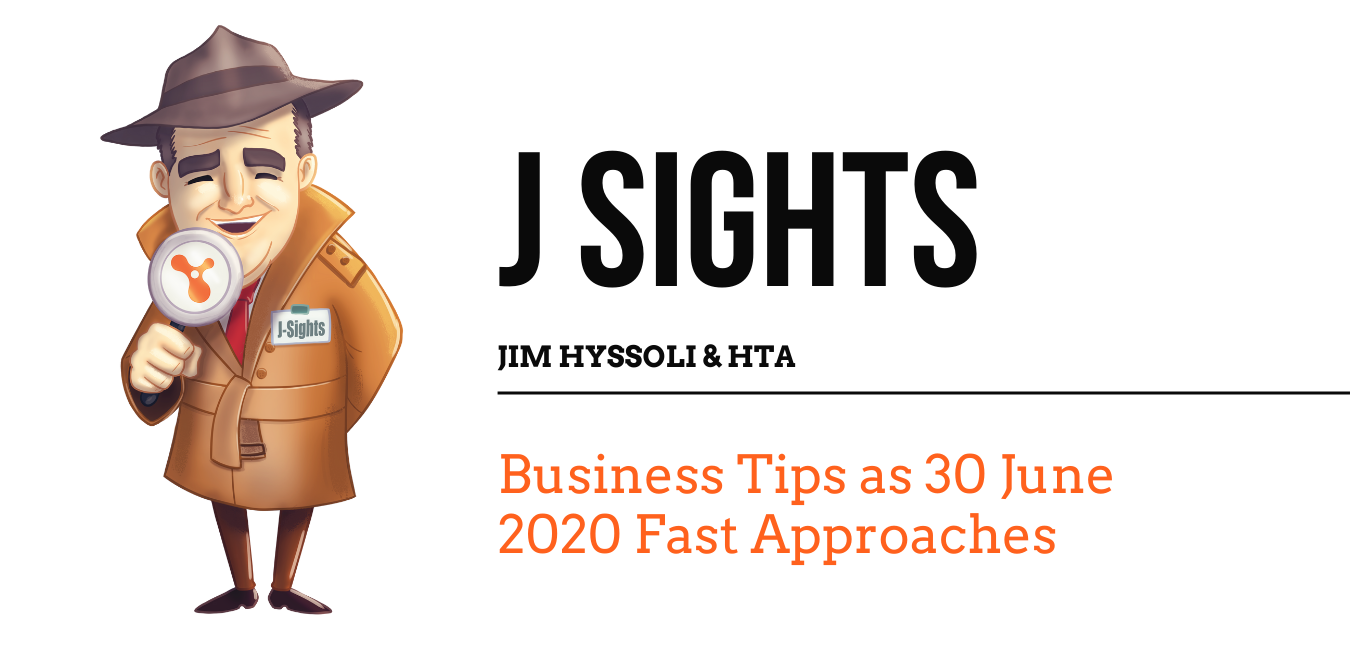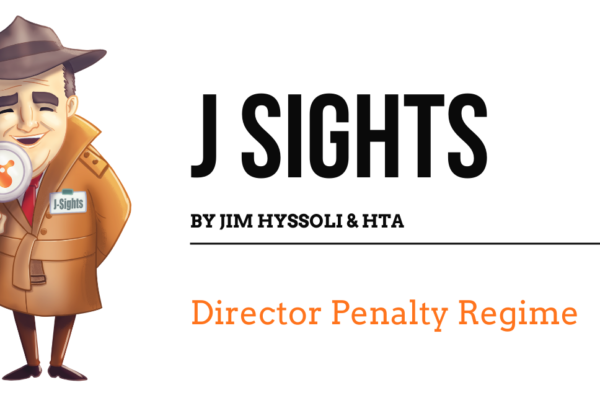
We are fast approaching 30 June 2020 and with that in mind, it is a timely reminder to consider some tax planning strategies given the current economic circumstances and changing of company tax rates. Currently there are some excellent tax concessions available for both businesses and individuals.
We outline a summary of the tax and super concessions available that you may wish to consider. Bearing in mind 30 June 2020 is not that far away.
Company Businesses
We advise that the Base Rate Entity company tax rate will drop from 27.5% in 2020 to 26% in the 2021 year. With the reduction in company tax rates, the franking credit rules will change. Any dividends paid must be franked to the same tax rate that applies to the company in the year that the dividend is paid. Accordingly, in 2021 year there may be some leakage of franking credits if tax was paid at 27.5%, but the rate next year becomes 26% so dividends are to be franked at 26%. The receipt of the Cashflow Boost (refer below) is Non-Assessable Non-Exempt Income (i.e. non-taxable unfranked income) and will reduce the Franking credit trap.
Single touch payroll
The ATO are currently reminding businesses to finalise declaration for employee’s 2020 financial year payroll information via the single touch payroll system. The deadline is 14 July 2020. Businesses are not required to provide payment summaries to their employees and lodging an annual payment summary report to ATO. Single Touch Payroll has extended the exemption for small employees who have close-held employees from 01 July 2020 to 01 July 2021.
Employee Superannuation
Businesses that employ staff need to pay their employee super for the April-June 2020 quarter by 28 July 2020. Businesses can choose to pay the June quarter super prior to 30 June 2020 to bring forward their tax deduction. Please be aware that the payment must be received by the superannuation fund prior to 30 June 2020 in order to claim a deduction. We note that if you are using a superannuation clearing house, the only way they can guarantee that it will be received in the 30 June 2020 financial year is if it is paid prior to 24 June.
Personal Superannuation
An individual or business owner can contribute up to $25,000 as a concessional contribution (before tax) into their superannuation fund and claim a tax deduction for this in their return (subject to eligibility requirements). With EOFY planning in full swing, you may want to consider making a personal superannuation contribution to reduce your taxable income. If you are making a personal superannuation contribution this year it is important that the payment is received by the superannuation fund prior to 30 June 2020 in order to claim a deduction. Please refer to our recent Superannuation Countdown article in relation to recommended cut-off dates.
Separate to the concessional contribution cap, non-concessional (after-tax) contributions are limited to $100,000 for the 2020-21 financial year.
SMSF trustees should also be aware of the legislation that is slated to pass before the end of the financial year. If passed it will allow people aged between 65 and 66 to make voluntary contributions (previously restricted to people below 65) without meeting a work test. These older individuals will also be able to make up to three years of non-concessional superannuation contributions under the bring forward rule, so it will pay to get advice in order to maximise their contributions.
Write off of Bad Debts
Business owners should be reviewing their aged receivables based on their recoverability. Why pay tax on those debtors that have no intention of paying so any debtors that you have made all necessary steps to recover debt with no success and are unlikely to pay, should be written off by 30 June 2020. Bad debts written off can be claimed as a tax deduction in the 2020 financial year.
Prepayments
As a small business entity (a sole trader, partnership, company or trust who is operating a business and has a group turnover of less than $50million), you may have the ability to prepay expenses and claim an immediate deduction in the financial year in which they are paid. The full deduction for the prepaid expense will be allowed in the current year so long as the prepayment relates to a period of no longer than 12 months ending in the next income year. Some examples of expenses that you make look at prepaying include interest, rent, subscriptions, advertising etc.
Instant Asset write off with new extension date
The Government increased the instant asset write-off (IAWO) threshold from $30,000 to $150,000 and expanded access to include all businesses with aggregated annual turnover of less than $500 million (up from $50 million) until 31 December 2020.
A key rule to obtain the deduction in the 2020 financial year is that the asset must be installed and ready for use by 30 June 2020. The asset may be new or second hand and you can claim multiple assets.
For motor vehicles the IAWO threshold is subject to the car limit of $57,581 for the 2020 financial year. This applies to passenger vehicles (except motor cycles or similar vehicles) which carry less than 9 passengers or carry a loan less than 1 tonne. Businesses can claim IAWO for other vehicles which includes trucks and machinery.
The key dates and asset thresholds are:
| Date range | Asset Value Threshold |
| 7:30pm (AEDT) 04/04/2019 to 12/03/2020 | $ 30,000 |
| 12/03/2020 to 31/12/2020 | $150,000 |
| 1/07/2021 onwards | $ 1,000 |
Raise management fees between entities
In the case where management fees are charged between related entities, make sure that the charges have been raised by 30 June. Make sure these charges are commercially reasonable and documentation is in place to support the transactions. If the transactions are undertaken with an international party, then the transferring pricing rules need to be considered, and the ATO will have greater expectations regarding documentation.
COVID-19 Employment Stimulus
Many businesses have received either a Government ‘Cash Flow Boost’, or Jobkeeper.
Cash Flow boost is not taxable. If received in a company, it can represent unfranked profits so is ultimately taxable when paid to shareholders. However, it should not be taxable if received by a sole trader, partnership or trust where these payments end up in the hands of individuals.
Jobkeeper Payments are taxable, but are offset by payments to employees so there should be no net taxable income.
Div7A Obligations
In the case where your company has advanced funds to a shareholder or related party, paid expenses or allowed a shareholder to use assets owned by the company, then these can be treated as a taxable dividend. It is expected that top up tax should be paid by shareholders at their marginal tax rate once they can access to these profits, assuming any applies. If you do have any shareholder loan accounts from previous years that were placed under complying agreements, the minimum loan repayment must be made by 30 June 2020. In some cases, it may be necessary for the company to declare dividends before 30 June 2020 to make these repayments. Our office can certainly assist in reviewing your obligations
Individuals Work Related Deductions
The recent pandemic in COVID-19 has forced many of us to work from home. This has place a burden on many by creating additional expenses which in some instances may be deductible. From 1 March 2020 the ATO increased the standard home office deduction rate from 52c per hour to 80c per hour. This means for every hour you worked from home you can claim an 80c deduction, which covers home office use of telephone, internet, depreciation and utilities expenses
Realise any capital losses and reduce gains
Neutralise the tax effect of any capital gains made during the year by realising any capital losses. This means, sell the asset and lock in the capital loss. These transactions need to be genuine to be effective for tax purposes. Let us know if you have had any CGT events during 2019/2020 Financial Year.
Motor Vehicle Claim by Individuals
Where taxpayers claim motor vehicle costs for work related expenses they are required to have a valid logbook for 5 years that provides support for the business expenses portion claimed by logbook method. The logbook method requires you to keep a logbook of your car’s usage for a 12-week continuous period in order to determine the business-use percentage of your car. You can use this percentage for up to 5 years to claim a portion of your car’s operating costs such as registration, insurance and fuel; all of which require you to keep receipts.
With 30 June 2020 fast approaching we are constantly committed to delivering actionable insight to our clients. The impact of COVID – 19 on businesses and individuals means that year end tax planning for 2020 will warrant additional focus.
If you would like to discuss your tax planning options we urge you to contact us today, and most importantly, don’t leave it until the last minute as some of the strategies noted require some time to implement.



